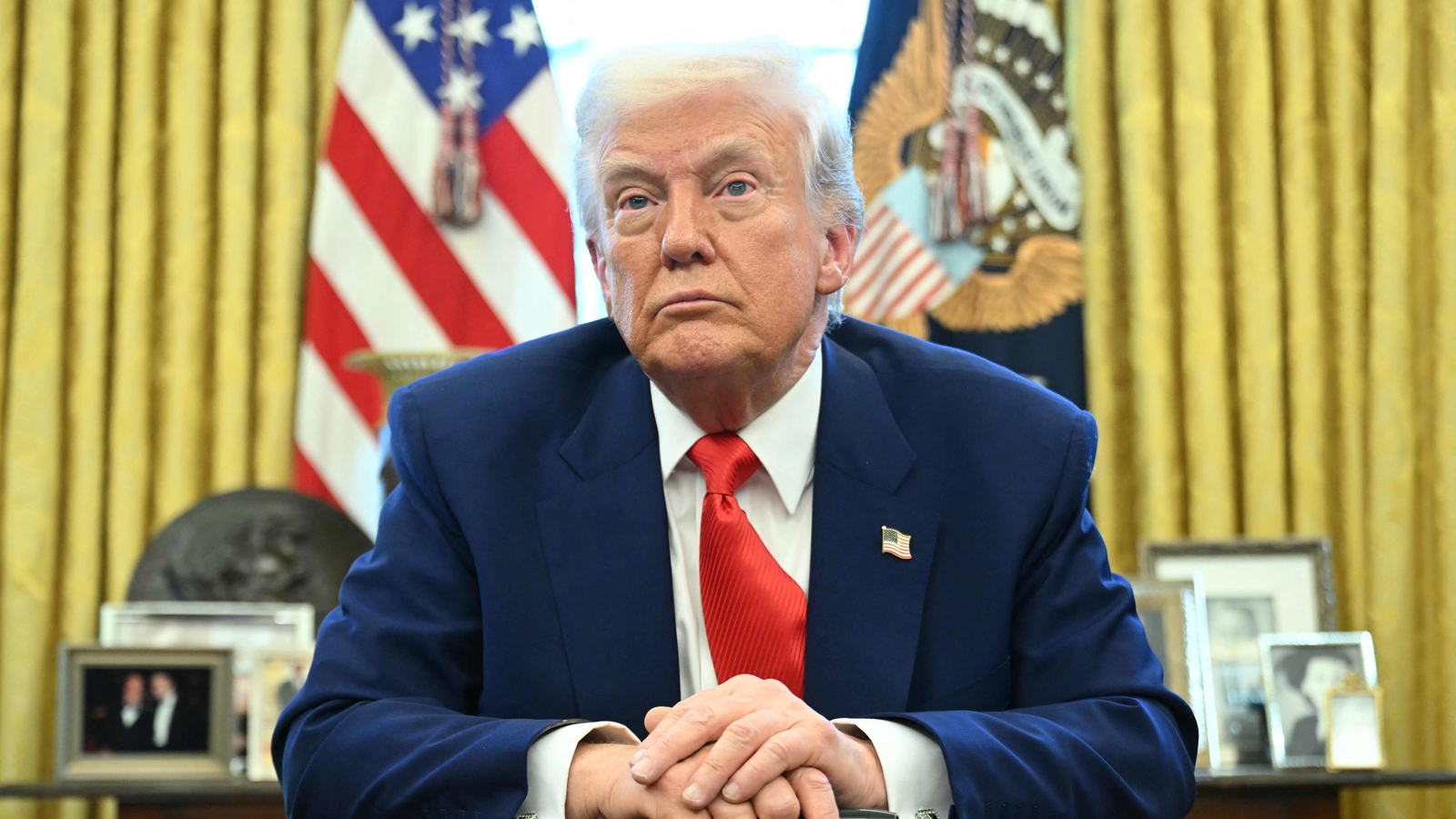Trump Administration Challenges Deportation Pause
International International NewsPosted by AI on 2025-04-20 06:57:59 | Last Updated by AI on 2026-02-05 16:42:01
Share: Facebook | Twitter | Whatsapp | Linkedin Visits: 16

How far can wartime powers extend into immigration policy? The Trump administration is petitioning the Supreme Court to lift a temporary hold on deportations of alleged Venezuelan gang members, invoking a contested wartime law. The Supreme Court's order effectively halted the government's use of this authority, setting the stage for a crucial legal battle over executive power and immigration.
The administration's appeal centers on Title 42, a public health statute initially enacted in 1944. This law, designed for wartime contexts, allows the government to quickly expel individuals entering the country to prevent the spread of communicable diseases. Under the Trump administration, and continued by the Biden administration, Title 42 has been broadly interpreted to justify rapid deportations of migrants at the southern border, including many seeking asylum, due to the COVID-19 pandemic.
This specific case revolves around a group of Venezuelan nationals whom the government alleges are gang members. While the exact details of the case remain somewhat obscured due to the ongoing legal proceedings, the Supreme Court's intervention has cast a spotlight on the controversial application of Title 42. The court’s pause on deportations specifically in this case, while not directly addressing the broader use of Title 42, signals a potential willingness to examine the law's application in individual circumstances. This move is being closely watched by immigration advocates, legal scholars, and individuals affected by the policy, as it suggests the court may scrutinize the executive branch's expansive interpretation of this wartime public health authority.
The administration argues that Title 42 is essential for border security and for preventing the entry of potentially dangerous individuals. They maintain that swift deportation under this authority is necessary to protect public safety and maintain order at the border. Opponents of the policy, including human rights organizations and immigration lawyers, contend that Title 42 violates international law and due process rights by denying individuals the opportunity to seek asylum and present their cases before an immigration judge. They argue that using a public health statute to address matters unrelated to health constitutes a misuse of power and undermines the established asylum system.
The Supreme Court's ultimate decision will have significant implications for immigration policy and executive power. If the court sides with the administration, it could solidify the executive branch’s authority to utilize Title 42 for broader immigration enforcement, potentially impacting thousands of migrants. Conversely, a ruling against the administration could restrict the use of Title 42 and potentially lead to a re-evaluation of other immigration policies. The case represents a critical juncture in the ongoing debate surrounding immigration, public health, and the balance of power between the executive and judicial branches. The Supreme Court is expected to hear further arguments and issue a ruling in the coming months, a decision which will undoubtedly shape the future of immigration policy in the United States.
Search
Categories
Recent News
- Manipur's New Government: A Swift Assembly Session
- Adani's Smart Meter Milestone: Powering India's Digital Energy Revolution
- Sabarimala Heist: Key Suspect Walks Free, Justice Delayed
- Supreme Court Orders West Bengal to Resolve Pending Dearness Allowance Dispute
- Justice Delayed: Elderly Man Finally Acquitted After Decades of Legal Battle
- Bengaluru's Power Outage: A Planned Disruption
- iPhone Users' Wi-Fi Woes: iOS 26.2.1 Update Backfires
- Nellore Rallies for Cancer Awareness on World Cancer Day
Popular News
- Navigating IPO Market Dynamics Amid Volatility and Regulatory Changes
- Massive Worldwide Microsoft Outage Disrupts Multiple Sectors
- Panjapur Bus Stand to Reshape TNSTC Routes
- తెలుగుదేశం పార్టీ - పేదరికాన్ని నిర్మూలించడంలో వాగ్దానం
- Universities Embrace Remote Learning Technologies Amidst Ongoing Pandemic